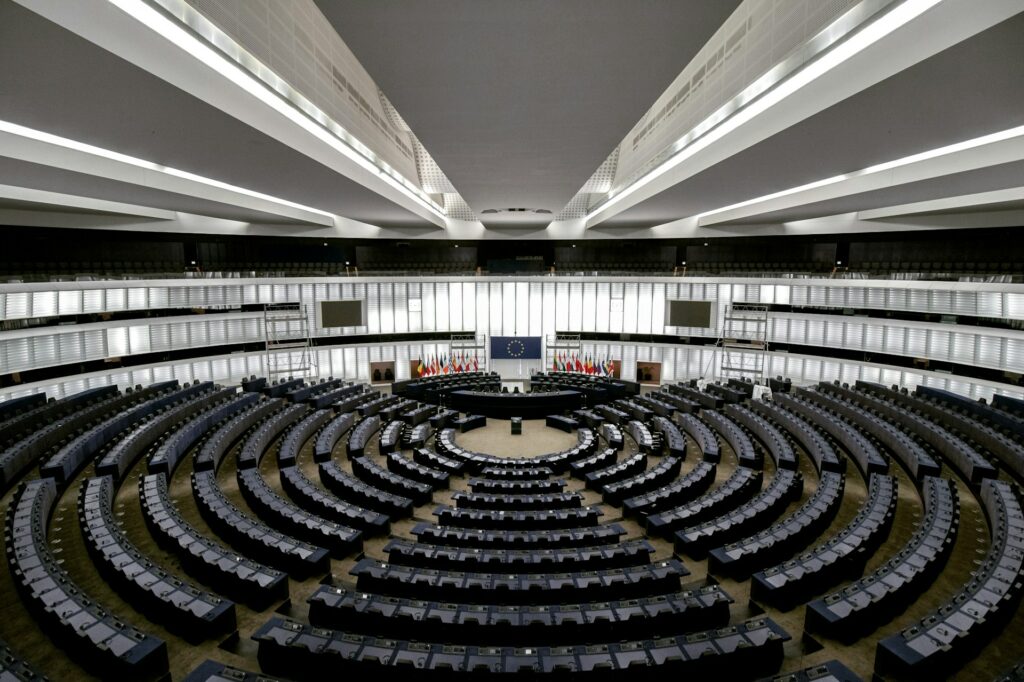
By: Sebastian Mariz, Owner and Managing Director of Influence Spain.
.
European voters took a sharp right turn in yesterday’s European elections to the European Parliament. 17 million Spanish voters, 49.2% turned out, and gave the Popular Party Group of Alberto Feijóo a total of 22 seats in Parliament, 9 more than in 2019, and 20 to the Socialist Party Group of Prime Minister Pedro Sánchez, 1 less than in 2019.
Undoubtedly, political analysts from across the continent will be burning the midnight oil in the weeks to come, in an attempt to understand and explain why Europeans have turned away, so abruptly, from policies and politics centered on the green agenda, regulations, higher taxes and inclusivity. Let´s look at what the results mean for Spain, and more importantly to its fragile, socialist coalition, led by Pedro Sánchez.
If one were to listen to the front runner for the Socialist Party Group, Teresa Ribera, the results mean nothing less than a strong wind in favour of Pedro Sánchez and his coalition, with voters clearly asking for more market intervention, higher taxes, more subsidies, more green agenda, and more inclusivity and equal rights.
However, the truth is that only half of the voters, 8.5 million to be exact, voted in favour of the coalition and its policy agenda, and the other half voted against. The typical division of “Las dos Españas”, as one might hear on the street. Looking more closely at the numbers, certain things stick out. First of all, only half of the 34 million registered voters actually bothered to vote. I suspect that many of those who didn’t, are disgruntled, traditional, left-wing voters. There is clearly something they either do not like in the coalition’s way of doing things, or there is something in their policy that does not resonate well with them. There was also a significant number of agnostic and/or uninterested or disenfranchised voters, who neither care, nor believe in either the current left or the right. We are talking huge numbers here. Enough to make significant changes in election results if they came out “en masse” in a general election, or even if only half of them, 4.25 million came out to vote.
But let’s look again at the 17 million who did turn out to vote, on a Sunday, late spring. The far-right VOX, with 1.6 million votes, got twice as many as the junior partner in the coalition, SUMAR, led by Yolanda Diaz, and 15% more than SUMAR and Podemos (former junior partner in the coalition) put together. Even the rookie and completely unknown, “Se Acabó La Fiesta – SALF” party of Alvise Pérez, got almost as many votes as SUMAR and almost double those of Podemos. For some, SALF makes Vox look like a baby lamb. That kind of says it all. At best, Podemos has managed to secure a retirement plan for the party leader, Irene Montero, and SUMAR, probably one for Yolanda Díaz, in the mid-term.
Sánchez’ splintering of radical and pro-independence political groups from the regions, ERC (Catalonia), Bildu (Basque Country) and BNG (Galicia), have barely done any better, only managing to secure one seat in Parliament for each of the three components of the platform they were running on and none for the fourth member, the European Left. What of the rebel with a cause, Puigdemont, leader of the right-wing pro-independence Junts political group? He took a serious blow and only managed to secure one seat in Parliament, one less than the two he won in 2019, and also probably his retirement plan when he hits the end of the road of politics in Spain (and in Catalonia) which will likely be sooner rather than later.
So, does this mean an early general election or the end of the Sánchez coalition? Unlikely. Those things will only be determined in the negotiations on the national budget law, which will unofficially start, on the beach, in August, and officially in September, when the draft law is presented to the Parliament by the Government.
In the meantime, the results mean more of the same, and probably even more green policy, more taxes and more inclusivity in Spain, at least until the new European Commission is appointed this autumn.
With a clearly right-wing conservative European Parliament, this new European Commission will be more austere, more business friendly and less green happy. Exactly the opposite of what Sánchez will want to continue to be, despite a dwindling European budget and an end to fiscal and budgetary freedom. This allows him to blame the right, free markets and fiscal austerity when he is no longer able to finance his expansive budget spending spree, and is forced by his coalition partners, to call general elections.
.
Every month, Influence Spain provides a look at Spanish current affairs. For more information, join our social media profiles on Twitter and LinkedIn.

